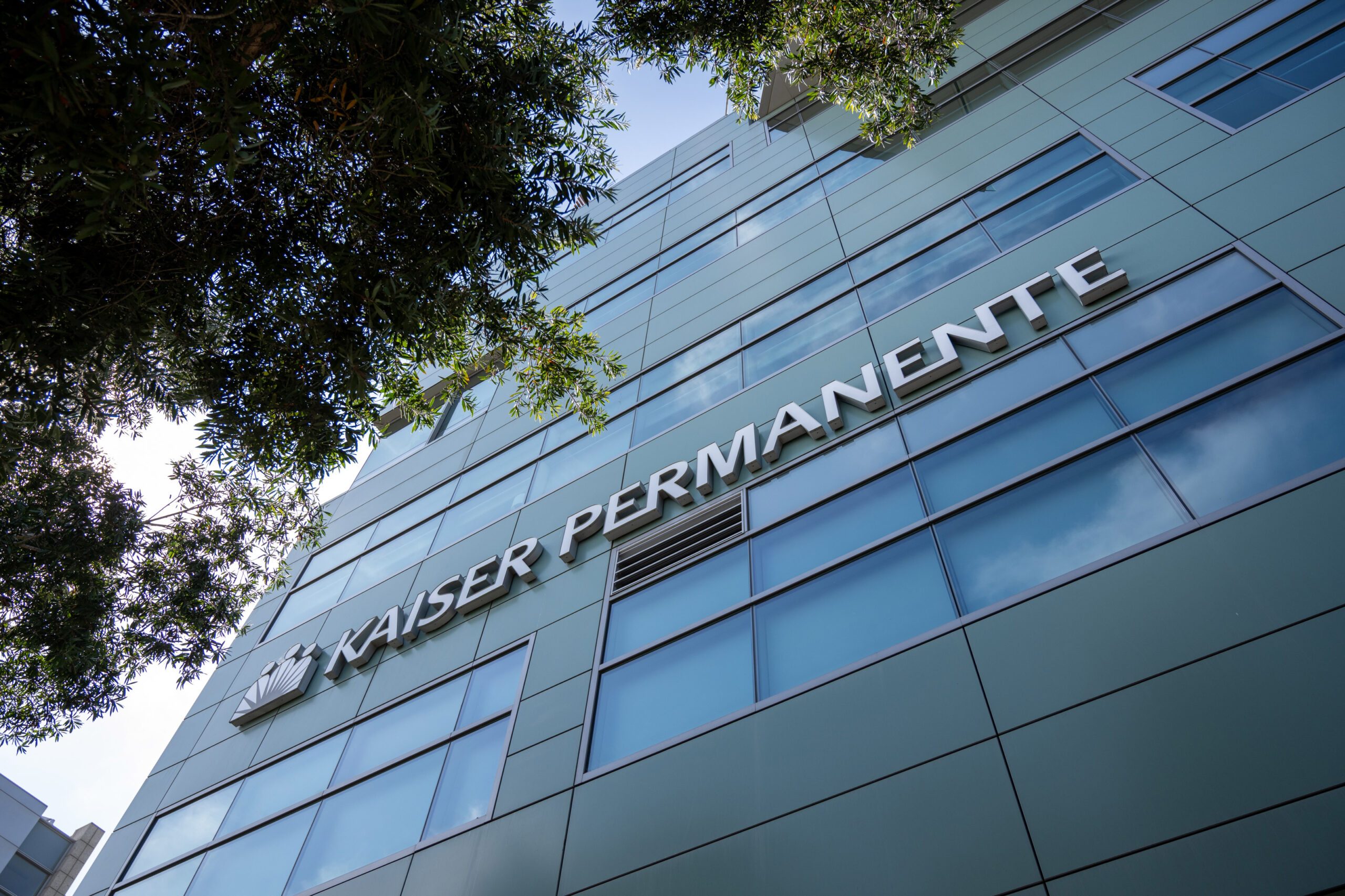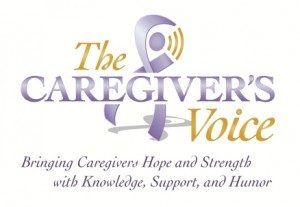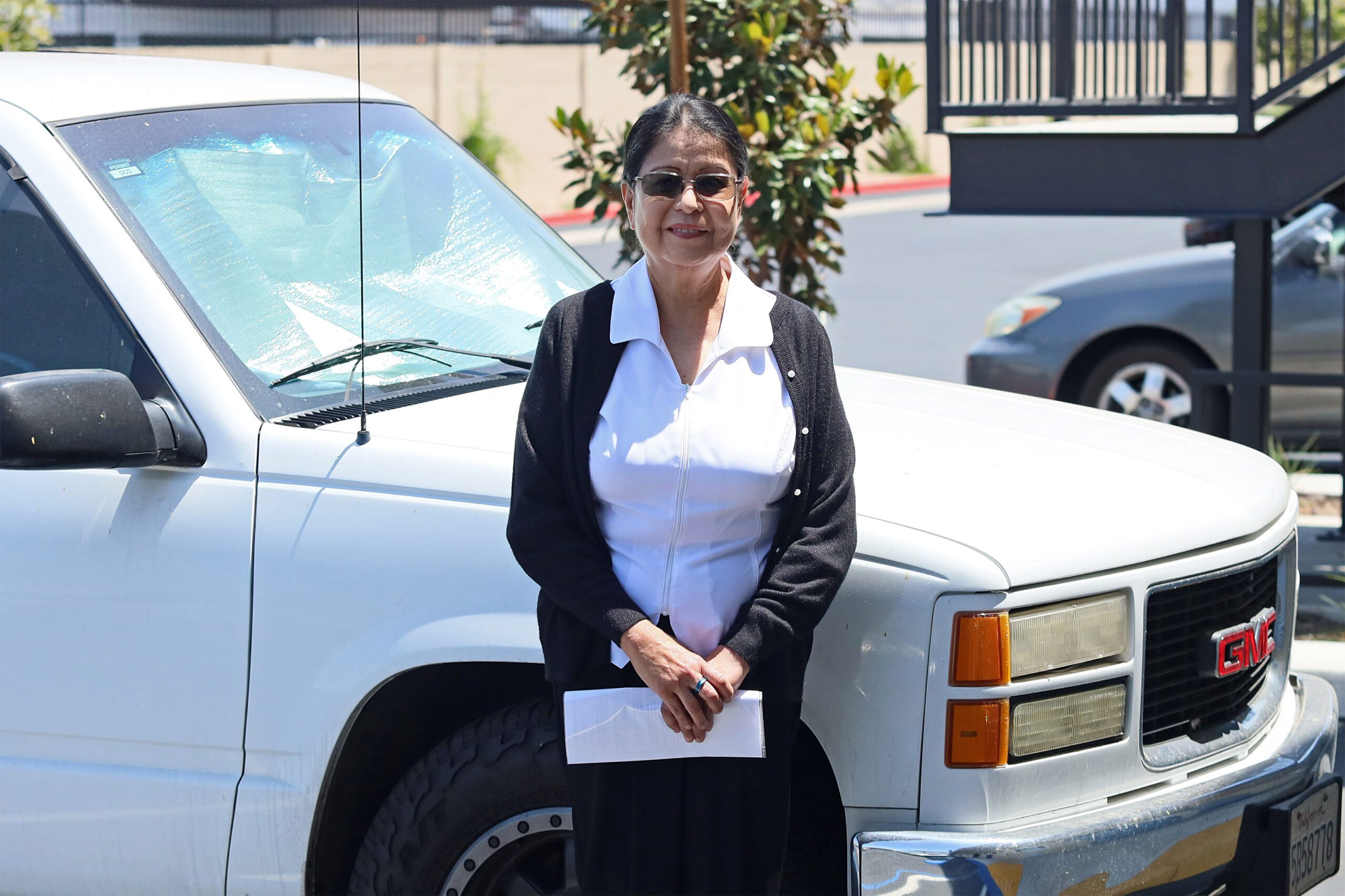As you may or may not know, there's some ongoing debate about Daylight Saving Time (DST) at the moment—and if you still feel like you're playing catch-up from "springing forward" just a couple of weeks ago, you'll want to take note. Here's what a sleep expert has to say about the proposed change.
What's happening with Daylight Saving Time?
In case you missed it, the United States Congress is looking to make DST permanent. Daylight saving occurs in March, when we shift the clocks one hour forward, and ends in November, when we switch back to Standard Time, moving the clocks one hour back.
Health Coach Certification
A best-in-class, board certified curriculum grounded in a holistic approach to healing.
 Learn More
Learn More "I think the thing to remember here is that no one wants the switching back and forth anymore, but the discussion is about which time should be permanent: Daylight Saving, where it is lighter longer in the evenings, or Standard Time, where it gets lighter earlier," explains board-certified sleep specialist Michael J. Breus, Ph.D.
While it might sound nice to have more daylight in the evenings, here's why Breus and other sleep specialists say it might not be such a great idea.
Advertisement This ad is displayed using third party content and we do not control its accessibility features.Why sleep specialists disagree with the change.
As Breus tells mbg, the American Academy of Sleep Medicine (AASM) has long suggested that we adopt Standard Time, not Daylight Saving Time.
According to Breus and AASM, permanent DST could lead to lasting negative health effects. Because our bodies are naturally more well-aligned with Standard Time, permanent DST could disrupt our internal clocks, resulting in a permanent sleep phase delay and subsequently, chronic sleep loss. Read: Just because it's lighter at night and darker in the morning doesn't mean we won't have to get up as early for our jobs, school, etc.—but we may feel inclined to stay up later anyway.
"Daylight Saving is not consistent with our internal biological clocks, called your circadian rhythm," Breus says.
There's other evidence that suggests permanent DST could result in perpetual social jet lag, Breus adds, while Standard Time is typically associated with better physical and mental health outcomes.
The takeaway.
There are some rumblings that our clocks will permanently move forward an hour, but sleep specialists are saying "not so fast." As we await the decision from Congress, it's important to stay on top of our sleep hygiene and try to maintain a consistent sleep schedule (with or without DST).
Advertisement This ad is displayed using third party content and we do not control its accessibility features.Original Article










